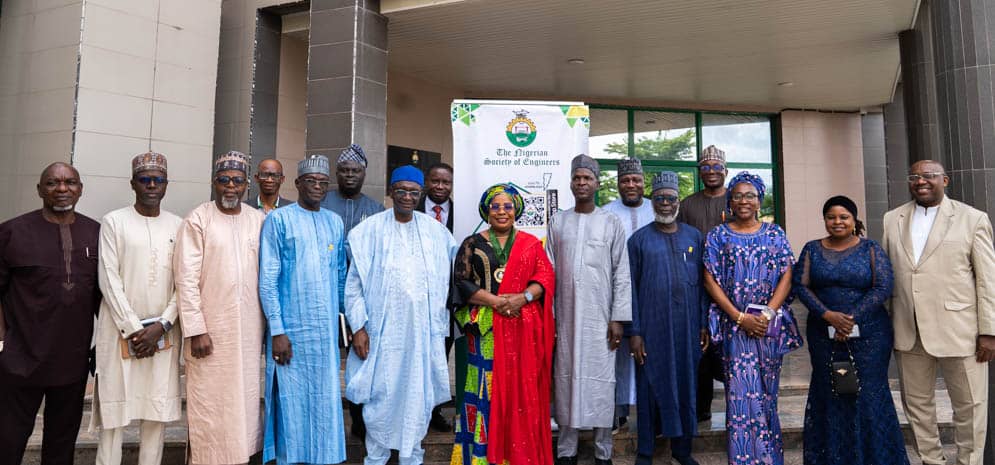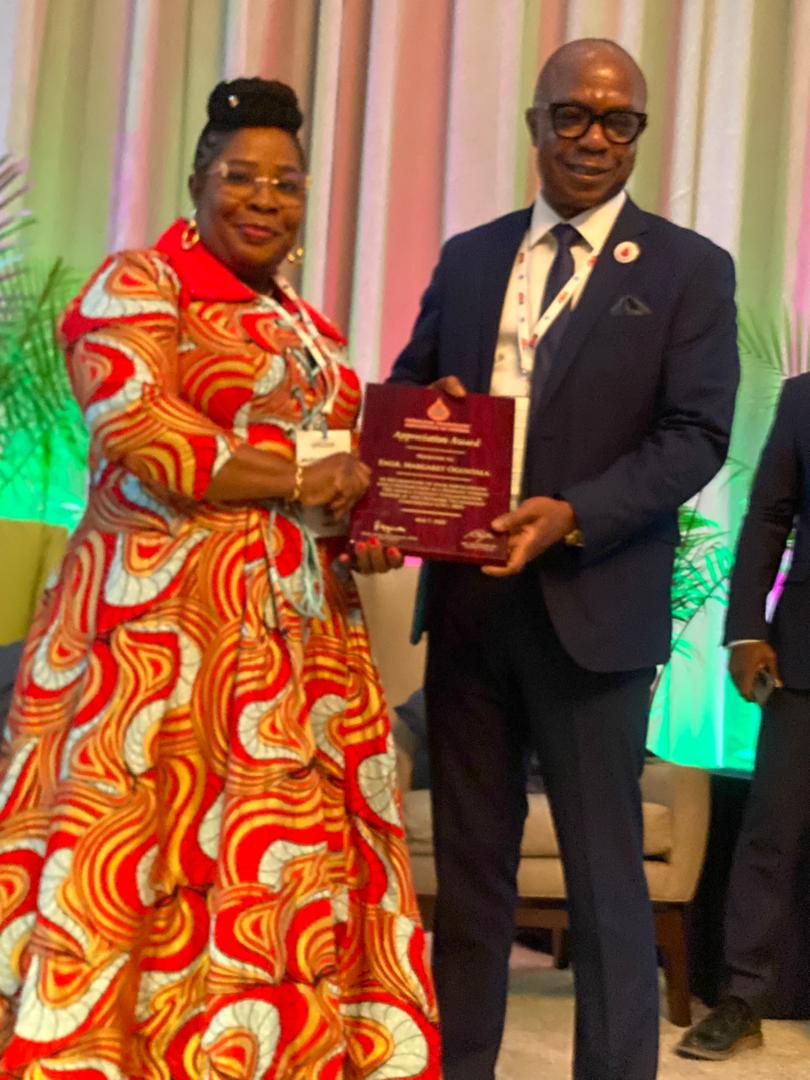NSE unveils mobile app to boost coordination, national development
By Angela Atabo
The Nigerian Society of Engineers (NSE) has launched a mobile app to help coordinate its members’ activities, support national development, and tackle the problem of unqualified practitioners in the profession.
Malam Kashifu Inuwa, Director-General of the National Information Technology Development Agency (NITDA), launched the app on Thursday in Abuja and commended NSE for the innovation, calling it a milestone in local content development.
The News Agency of Nigeria (NAN) reports that the app is designed to enable NSE members to access information, register for projects, and participate in community impact initiatives in support of national development.
Inuwa, represented by Mr Salisu Kaka, Director, E-Government and Digital Economy Department at NITDA, said the app would support engineers in delivering on their mandate while also contributing to Nigeria’s digital transformation.
He urged the NSE not to limit the innovation to internal use but to share its benefits widely to address broader national challenges.
“This innovation aligns with President Bola Tinubu’s digital public infrastructure agenda, a framework aimed at unifying digital service delivery across government institutions for more efficient public services and economic growth.
“These digital public goods are technologies developed to solve societal problems. What NSE has done qualifies as such and, with collaboration, it can be adapted and exported to other sectors,” he said.
Inuwa noted that the engineering profession is fundamentally about problem-solving, and many of the challenges engineers address are common across sectors and locations.
He expressed optimism that, with slight modifications, the app could also be used to tackle similar issues in other industries.
Speaking at the event, NSE President and Chairman-in-Council, Mrs Margaret Oguntala, said the app would improve coordination within the Society by keeping members informed of activities at both the national and branch levels.
Oguntala explained that the platform would also promote greater member involvement in social impact initiatives.
“Members will now be able to register for community-impact projects and training programmes directly through the app,” she said.
She added that the app would serve as a practical tool in the fight against quackery in the engineering profession.
“If someone approaches me for a job, I can quickly log into the app to confirm whether the person is a registered NSE member.
“If not, the person is also unlikely to be registered with the Council for the Regulation of Engineering in Nigeria (COREN). This will help us to curb the activities of quacks in the profession.
“Eventually, we plan to develop a system that allows even non-members to verify registered engineers before awarding jobs,” she said.
Oguntala described the mobile application as a contribution to national development, saying it reflects the society’s embrace of digital transformation and its alignment with the digital agenda of the current administration. (NAN)
Edited by Tosin Kolade





